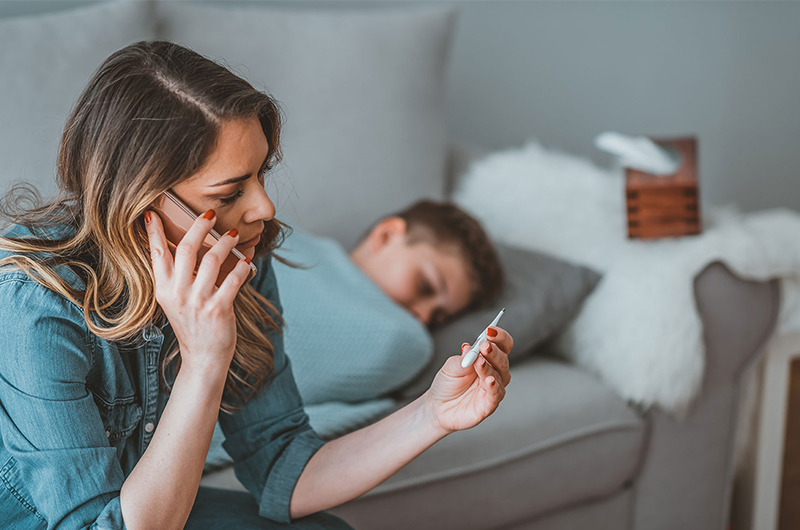
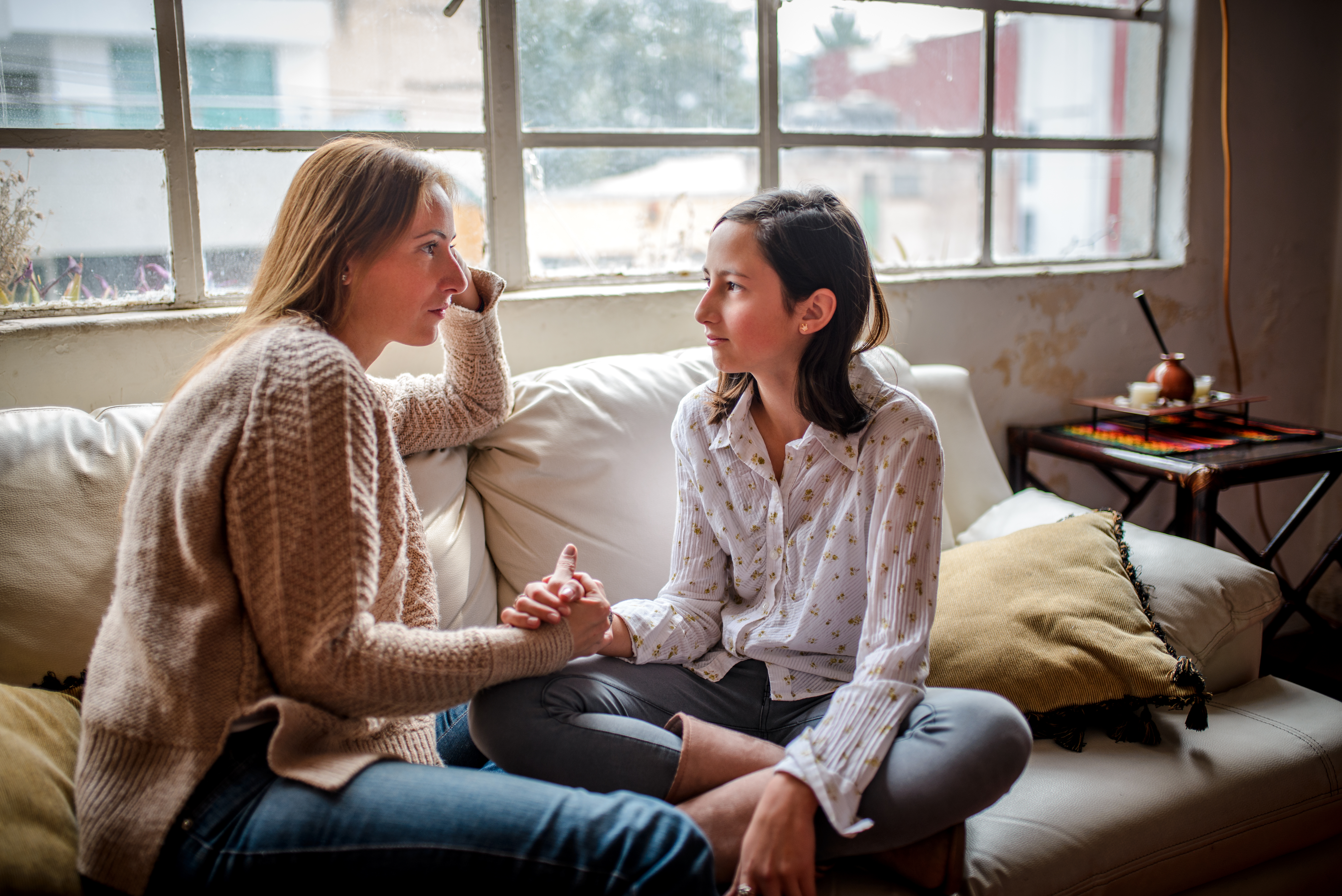
As COVID cases surge across the country and pediatric hospitalizations are on the rise, vaccination is a critical resource to protect against infection, serious illness and death in children and adults.
“The age of your child will really guide the way you talk to them about getting vaccinated,” shares Jane Suhyoung Kim, M.D., pediatrician with Hackensack University Medical Center. “However, regardless of age, there are basic core principles that should be met within every conversation.”
Dr. Kim shares four steps you should take when talking to your child about getting the COVID-19 vaccine.
1. Share why getting a COVID-19 vaccine is important.
“Depending on how old your child is, you’ll have to tailor this message, but the bottom line is that vaccines help keep us safe from illness. Explain that they’ve received lots of different vaccinations as they’ve grown. Knowing that they’ve done this before may alleviate some anxiety,” says Dr. Kim.
Other encouraging messages can include:
- Getting vaccinated provides protection for yourself and others - knowing that they are helping protect their friends and family may encourage them to feel empowered.
- Getting the vaccine will help us all get back to “normal” and do the things we love, such as going to the movies, restaurants and play gyms.
2. Ensure they feel safe.
“There is a lot of anxiety around COVID itself, along with the anxiety some children and adults can have about getting shots and vaccines,” mentions Dr. Kim. “Reassure your child that they are safe, and that this is to help keep them protected.”
For younger children bringing along a beloved toy or blanket may provide some comfort. Breathing exercises can also be helpful for all ages - have them inhale for a count to five, and exhale for five seconds as well. Participate in the breathing exercise with them as a guide.
Also, remind your child that they are not alone - many of their friends and family members have also safely had the vaccine and are now better protected from COVID.
3. Explain what will happen and what they can expect.
“It’s normal for your child to have anxiety or fear about getting a vaccine, it’s not something they experience on a regular basis and the fear of the unknown can make them anticipate the worst,” explains Dr. Kim.
Map out the day for your child so they know what to expect. There are certain checkpoints you can identify, for example:
- They will need to wear a mask
- The nurse or doctor providing the vaccine will ask questions as well as answer any questions your child may have
- After getting the vaccine, your child will be monitored for 15 minutes
4. Ask if they have any questions.
“Do your best to answer any questions they have, and anything you aren’t sure of, bring those questions to their physician for further explanation. We want all of our parents and young patients to feel confident in their health decisions,” adds Dr. Kim.
5. Plan a way to celebrate their success.
Talk to your child about what they’d like to do after getting the vaccine and create a special moment out of it. Consider going out to their favorite spot for lunch or rewarding them with a small toy to celebrate their achievement.
Key takeaways:
- Have an open and honest conversation with your child about why getting a vaccine is important and make sure they feel comfortable.
- The COVID-19 vaccines and boosters are safe and effective against preventing severe infection and death from COVID-19.
Next Steps & Resources:
- Meet our source: Jane Suhyoung Kim, M.D.
- To make an appointment with Dr. Kim, or a doctor near you, call 800-822-8905 or visit our website.
Find a doctor near me
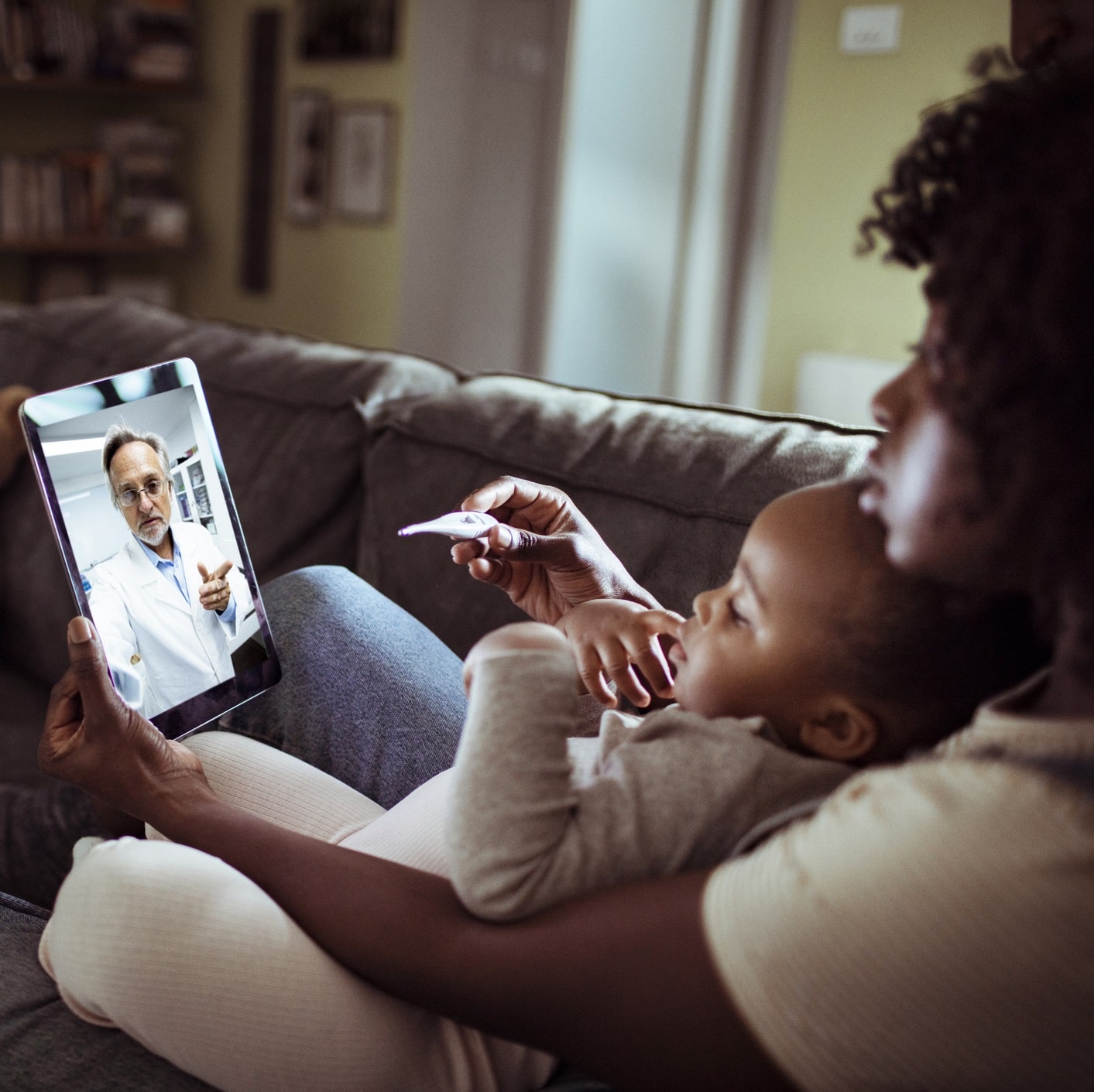
Reasons to Keep Your Child Home From School
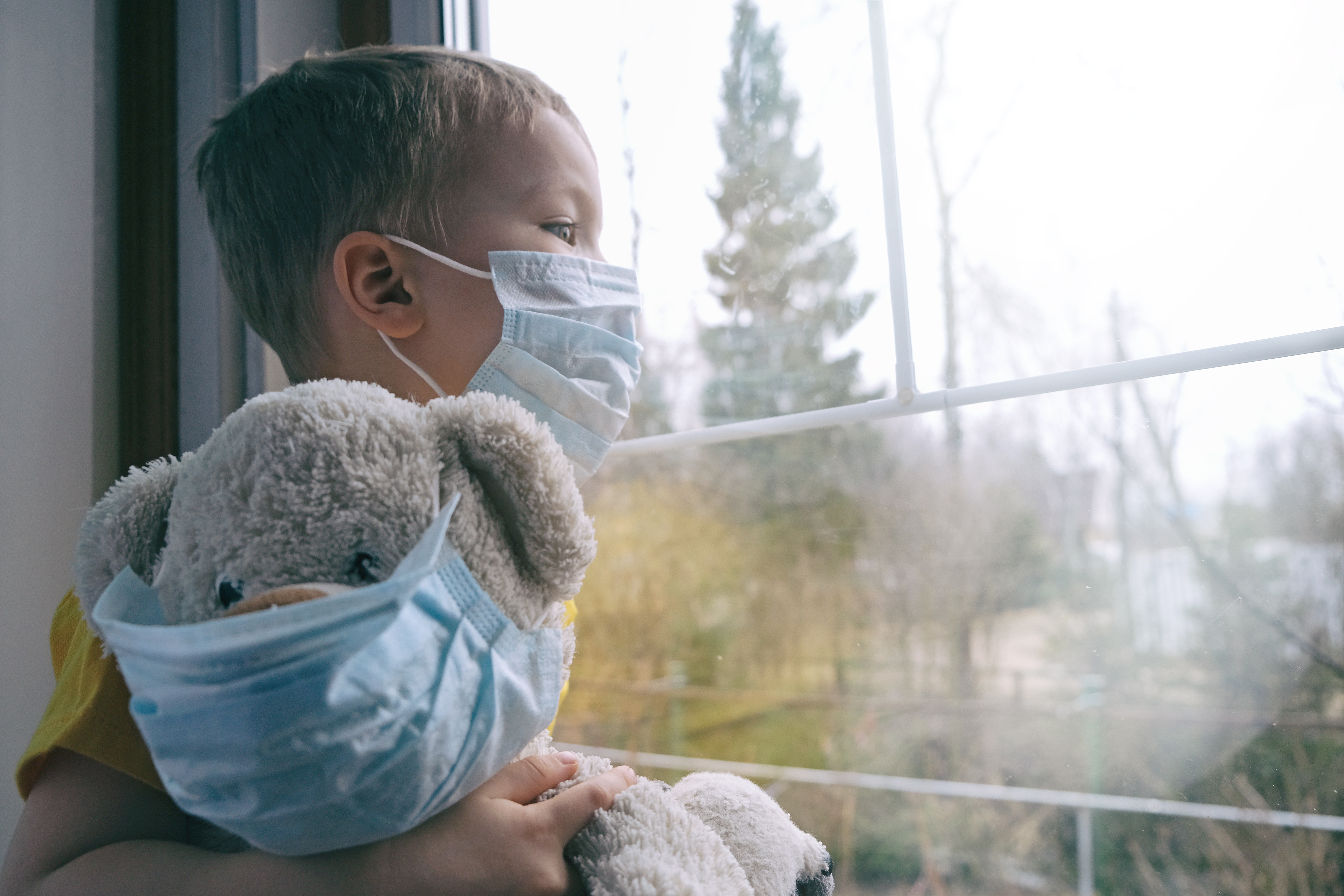
COVID Isolation: How to Care for Your COVID Positive Child
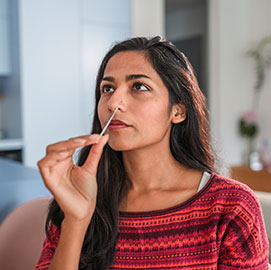
When to Use an At-Home COVID Test Kit
